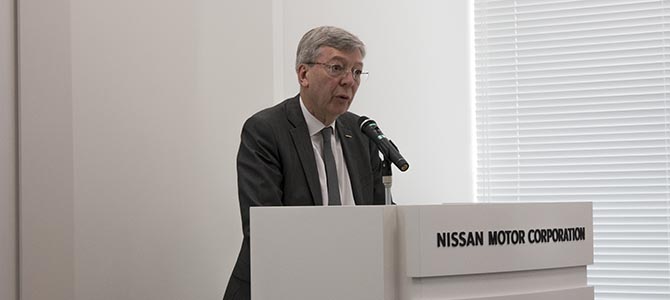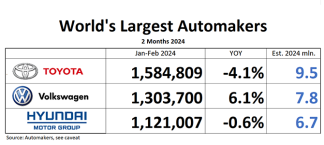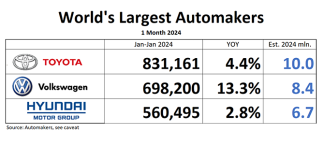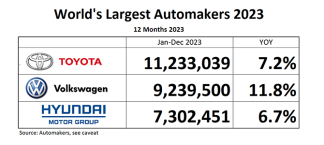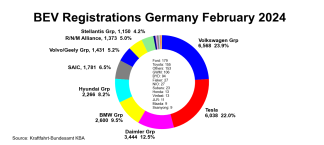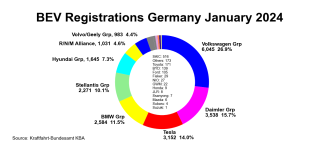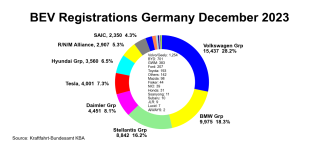Today at its HQ in Yokohama, Nissan laid out its electric strategy through 2022, the span of its current mid-term business plan. If you have or planning to have investments riding on the future of electric cars, these plans will provide valuable input.
By 2022, Nissan wants to sell a total of 1 million pure battery-electric and e-POWER vehicles a year, Nissan’s chief planning officer Philippe Klein told reporters.
To get to the one million mark in 2022, Nissan plans to:
- Develop eight new pure electric vehicles, some of them totally new, some derivatives of current vehicles such as the Nissan LEAF;
- Launch an electric car offensive in China under different brands;
- Introduce an electric “kei” mini-vehicle in Japan;
- Offer a global crossover electric vehicle, inspired by the Nissan IMx Concept;
- Electrify new INFINITI models from fiscal year 2021.
Klein expects the electrification of cars to accelerate after reaching a tipping point some time in the middle of the next decade “when the EV will be cost-competitive with conventional vehicle.” Klein sees the “cost of the battery going down” and “the cost of the conventional car going up very rapidly” due to increasingly stricter regulations.
As far as the world’s most promising EV markets go, Nissan “believes that Japan and Europe might be the markets moving fastest towards electrification, the U.S. market could be slower.” Interestingly, Klein thinks that “China could be even more volatile – you have contradictory tendencies in China. There is an air quality push in the bigger cities that stimulates the market to go to electrification, at the same time, some of the emerging customers don’t seem to be ready to go for this.”
Nissan is an early mover in the electric field. “We have sold more than 300,000 Leaf since its launch in 2010,” said Klein, claiming that the Leaf is “the best-selling EV in the world.” With these creds, Nissan should be above suspicion of being hostile to EVs. Interestingly, Klein believes that for the foreseeable future, e-Power will outsell BEVs in the company’s line-up. All you must do to come to this conclusion is read the charts. Nissan’s Note has been Japan’s best-selling nameplate in the first two months of this year, up from #2 in all of 2017. Most of the Notes are equipped with e-POWER. On the same best-seller list, Nissan’s new Leaf was at place 26 in February, up from nowhere to be seen in January.
Tesla’s Elon Musk projected to sell a million pure battery vehicles by 2020. The fact that Nissan expects to cross the 1 million/year mark in 2022 with a mix of BEV and series hybrids should make us doubt Musk’s lofty goals. Nissan wants to reach its later goal with a much bigger line-up than Tesla, and it definitely has no problems making its cars. Nissan has factories in Japan, Europe, China, and the U.S., and it is better positioned in growth markets than U.S.-heavy Tesla. Nissan has a strong worldwide sales organization, and it is not dependent on the generosity of investors to make its cars.
